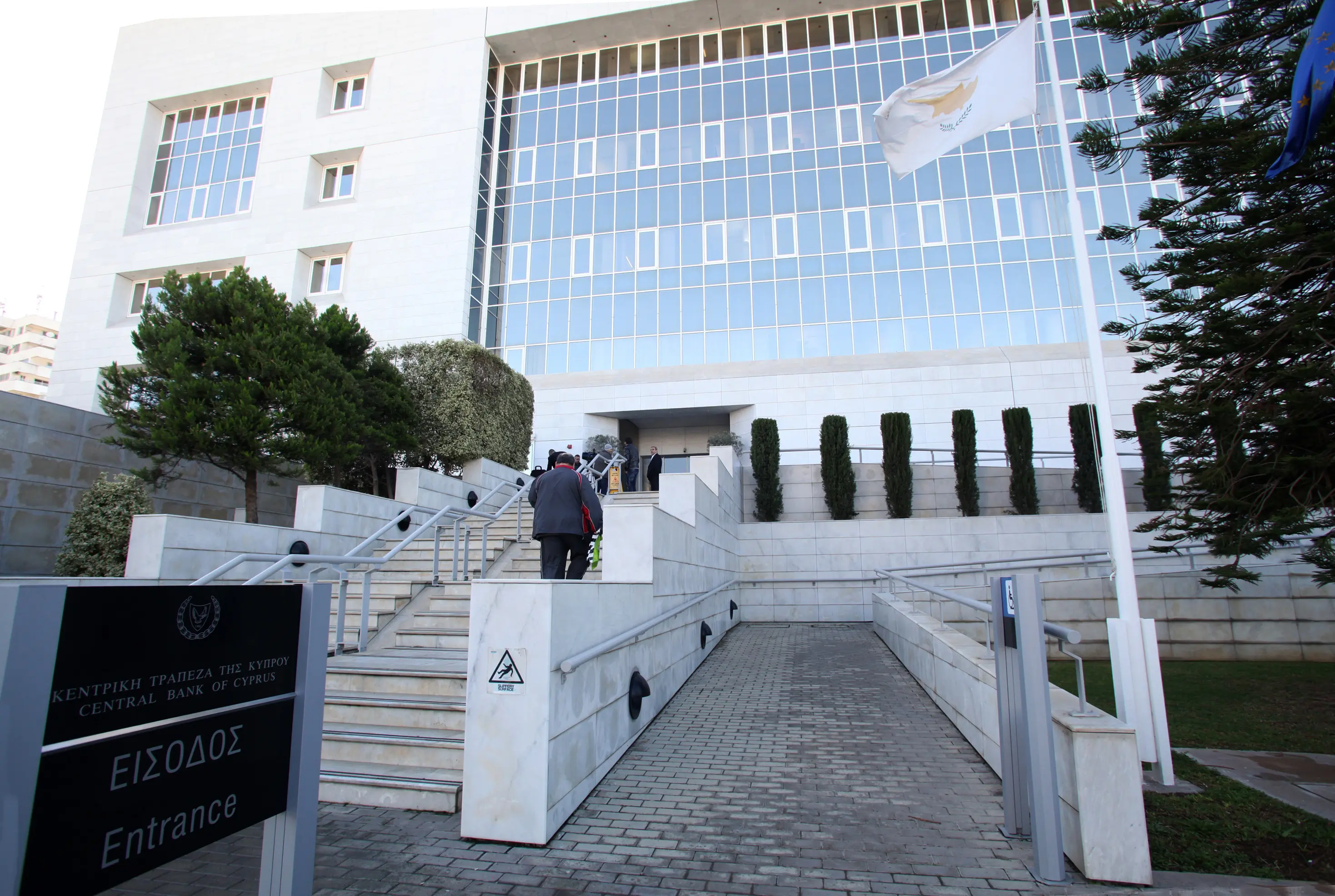The Central Bank of Cyprus (CBC) on Friday announced the publication of its 2025 directive on the prevention of money laundering and terrorist financing.
The newly adopted directive aims to modernise and reinforce the compliance framework for banks and other obligated entities.
Moreover, the directive, which comes into effect on June 2, 2025, also seeks to assist citizens and businesses in their interactions with the financial sector.
“The strictness of the directive remains unchanged,” the CBC stressed, reaffirming its focus on preserving and further enhancing the credibility of Cyprus’ financial system, which is closely linked to ensuring overall financial stability.
At the same time, the directive introduces measures to ensure that banks and other obligated entities adopt policies that avoid unjustified denial or delay in lawful access to financial services.
This applies particularly to citizens assessed as having a low probability of involvement in money laundering activities.
For example, banks may categorise pensioners with no income beyond their pension as low-risk, and the information requested from them should be proportional to that risk level.
More specifically, the directive allows for the updating of business relationships at a frequency that reflects the risk level of each customer, rather than imposing a fixed minimum frequency for those deemed low-risk.
It permits the use of identity document copies instead of originals during updates, making the process faster and more convenient.
Additionally, it enables the use of information obtained over the course of the business relationship, reducing the data citizens need to provide during updates.
It also allows for alternative forms of documentation for individuals unable to comply due to health or physical limitations, highlighting the need for sensitivity towards such cases.
Flexibility is introduced regarding proof of residence, for instance by accepting government documents or electronic utility bills as valid certification.
Furthermore, it permits the certification of documents by third parties, such as government services, and allows the use of electronic documents.
This broader range of certification options is intended to enhance customer service.
The CBC believes these steps will simplify procedures, ease the burden on citizens and businesses, and benefit the economy as a whole.
Furthermore, citizens are encouraged to submit feedback regarding any justified difficulties they encounter when initiating or renewing business relationships with banks or other obligated entities.
They can share their feedback by using the following email address [email protected] or by calling 22714100.
The CBC underscored that its efforts to streamline procedures “should not be interpreted as a relaxation of the regulatory framework“.
“On the contrary”, the CBC explained, the “country’s stringent regulatory requirements remain firmly in place“.
The directive followed extensive consultation with professional bodies and the Commissioner for Personal Data Protection.
The CBC also made available a related announcement and the full directive on its official website.
Additionally, the CBC has prepared a comprehensive questions and answers (FAQs) document to clarify key provisions of the Directive, which is also accessible online.
The CBC reiterated its availability to supervised entities and the public for guidance and reaffirmed its ongoing commitment to strengthening the supervisory framework.
It emphasised its “dedication to supporting the effective implementation of legislation“, while also “protecting the reputation and stability of the country’s financial system”.






Click here to change your cookie preferences